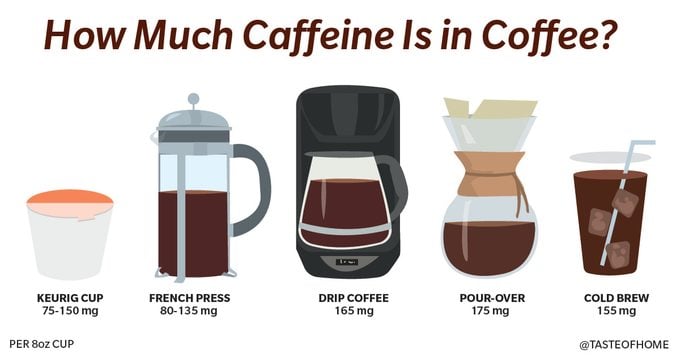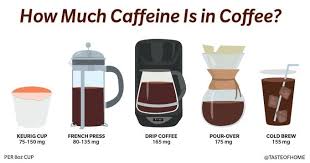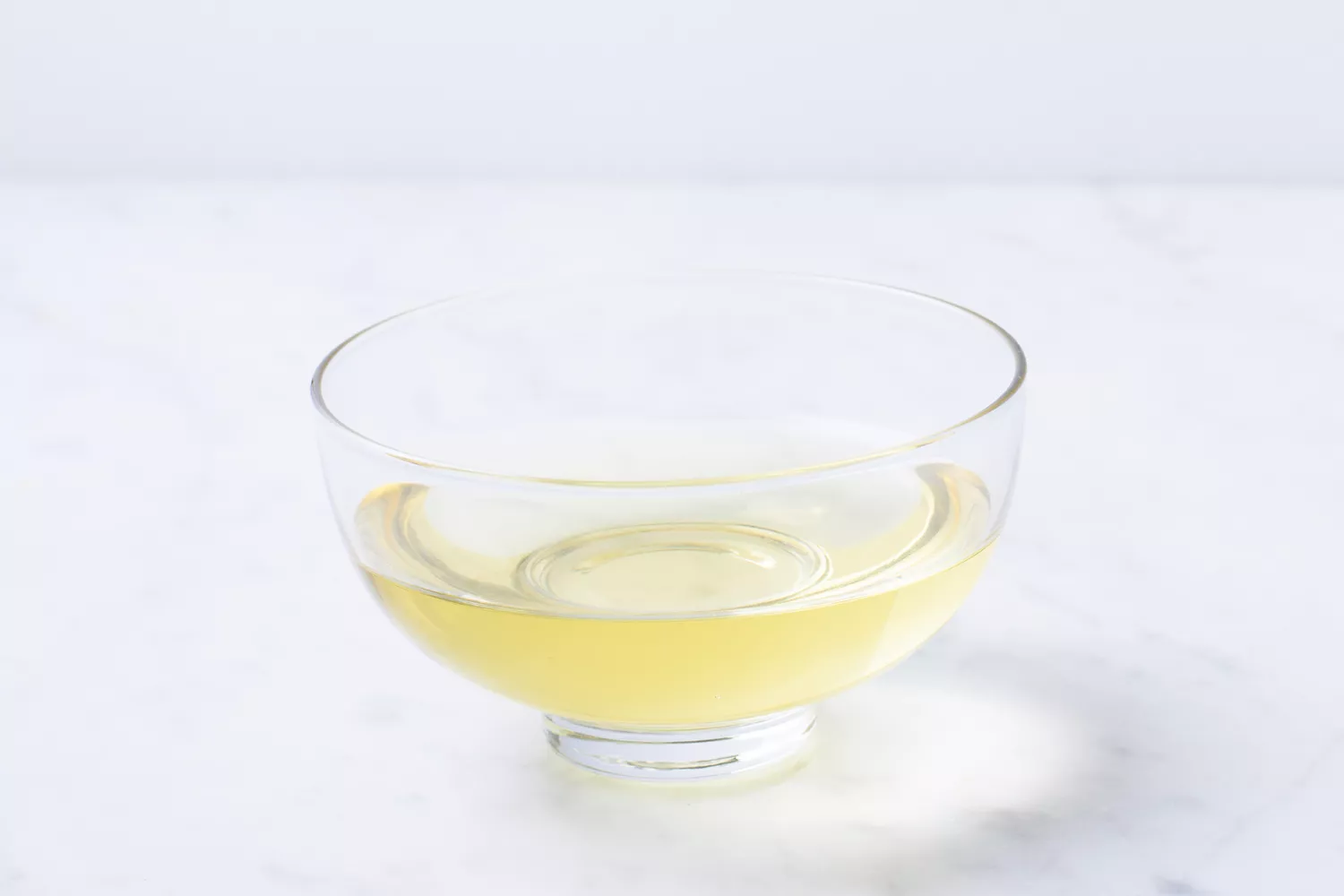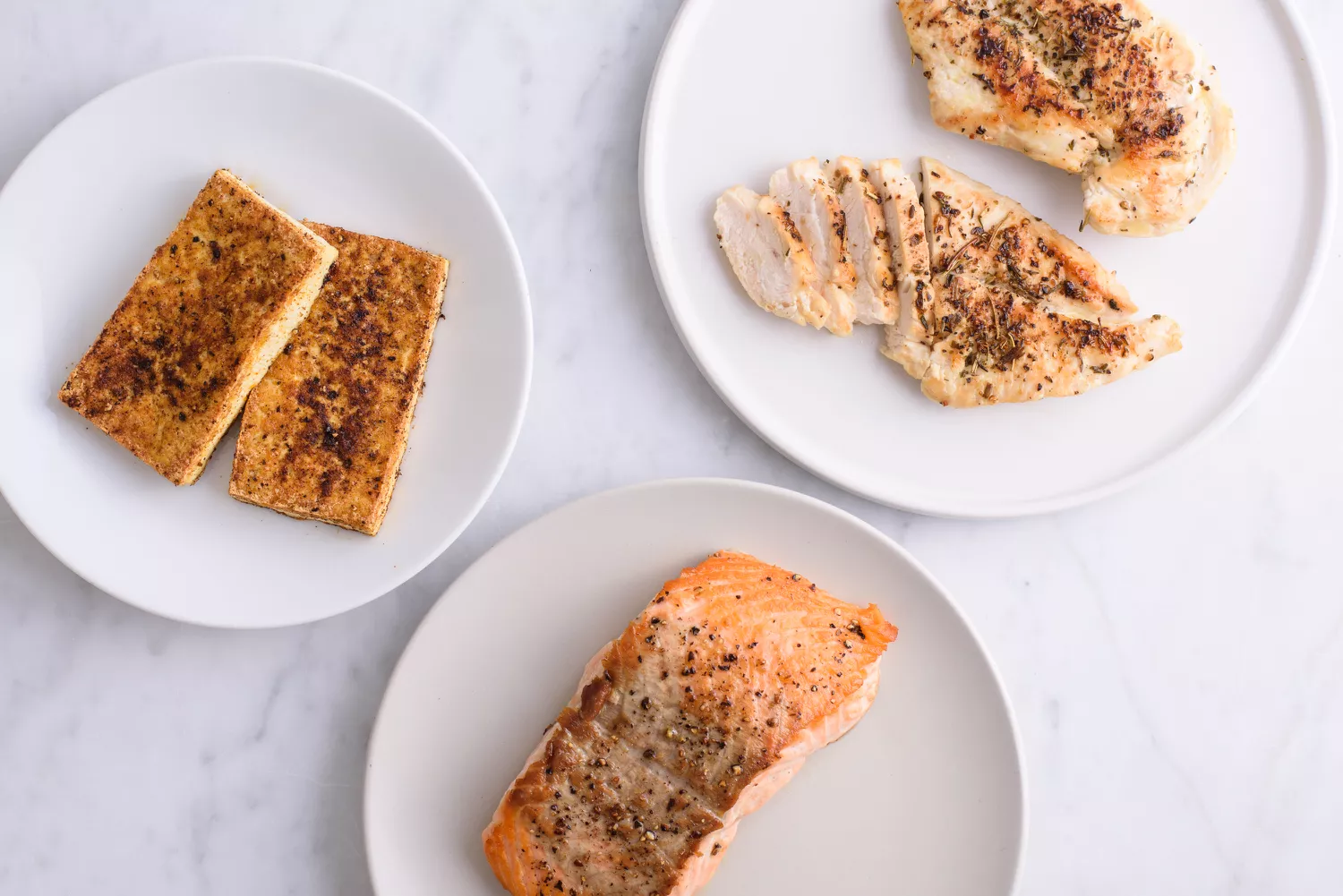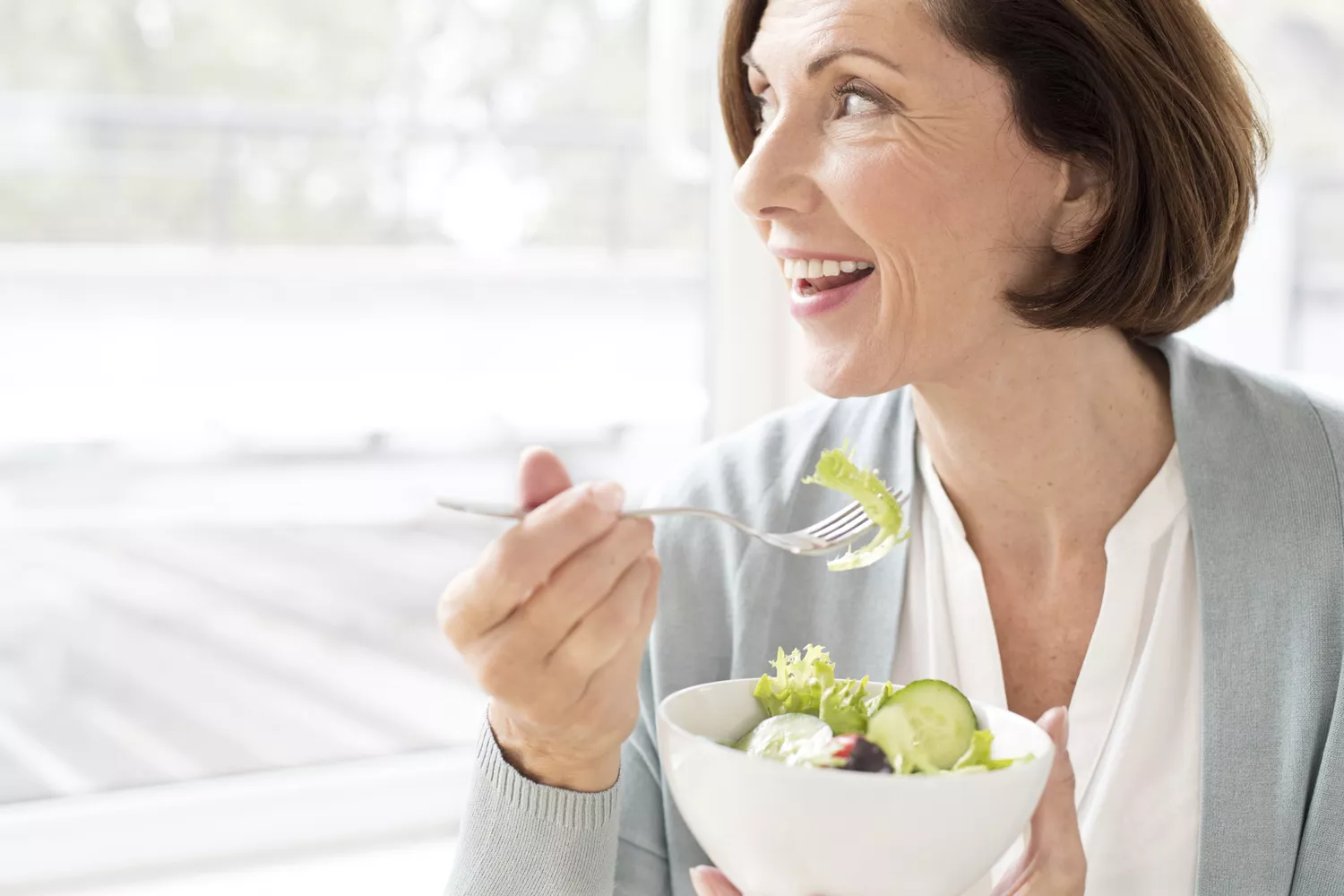If you can not function in the early morning without grabbing a mug of coffee, you aren’t alone. The high levels of caffeine in coffee is an all-natural stimulant that aids wake you up, enhance alertness, and can even enhance your exercise. (You might be shocked to discover that also decaffeinated coffee has some caffeine!) Some smoothies indicated for exerise also contain coffee. It is no wonder that coffee is one of the most consumed drinks on the planet.1.
The second wind we obtain is from caffeine activating adrenaline in the body. High levels of caffeine itself is a bitter-tasting substance that is located normally in a selection of plants. Many individuals seek out caffeinated beverages particularly for that adrenaline buzz. But specifically how much caffeine is in each mug of joe, and how much is healthy and balanced to take in daily?
Overview.
Determining how much caffeine is in your coffee is not as simple as you could believe. You require to evaluate a wide range of aspects, including the kind of coffee bean, exactly how it was made, and the dimension of the cup you’re utilizing.
The typical mug of coffee has 96mg of caffeine, but it can have basically caffeine depending on factors such as kind of coffee beans and brewing strategies.2 Coffee has around twice the concentration of caffeine as made coffee however is typically consumed in smaller quantities. Additionally, different quantities of caffeine will certainly impact various people in various methods.
High levels of caffeine Tolerance.
Some individuals get a substantial increase from one tiny, weak mug of coffee, while others require far more to feel any kind of spike in awareness. And also, caffeine has side effects, and the dosage that comfortably wakes a single person up in the morning might be far excessive for an additional individual, inducing anxiousness and anxieties.
Not just does the quantity of high levels of caffeine in a cup of coffee differ from cup to cup however people each have their own caffeine resistance level, which will certainly boost as you raise the quantity you eat with time.
And also, also if you consume alcohol the same coffee every day, the quantity of high levels of caffeine in it can transform. That’s because of all-natural variations in the coffee beans themselves, plus any differences in just how those beans were roasted, ground, and brewed.
Keep reading for details on about how much high levels of caffeine remains in a mug of coffee. And also, we evaluate how caffeine may impact you.
Amount of Caffeine in Coffee.
The specific amount of high levels of caffeine that remains in a cup of coffee ranges quite a bit in between brand names, ranges of coffee beans, and brewing techniques– that’s why we refer to the possibility of making “weak coffee” or “solid coffee.”.
Usually, you can trust a tiny mug of decaf to have the least quantity of high levels of caffeine and an extra-large mug of brewed coffee (specifically a light roast) to have the most high levels of caffeine. The adhering to high levels of caffeine details is given by the USDA and shows an ordinary or minimum amount you can anticipate to find in each dimension and sort of coffee.
Decaffeinated Coffee.
Decaffeinated coffee usually has the least amount of caffeine per mug of all coffee items. However, it’s not constantly totally caffeine-free.
Checking programs that instant decaf brands such as Folgers and Nescafe include in between 0mg and 3mg of high levels of caffeine per 8-ounce cup. So, if you’re aiming to significantly limit your caffeine, those are great choices. Brewed decaf commonly has anywhere from around 4mg to 7mg of high levels of caffeine per 8-ounce mug, and made espresso includes approximately 16mg of caffeine per 1-ounce shot.
Note that Starbucks states its decaffeinated coffee consists of much more high levels of caffeine than the standard for decaf (15mg for an 8-ounce “brief” cup). However, chemists at the University of Florida checked Starbucks decaf and found it included much less than the company reported (around 6mg to 6.7 mg in an 8-ounce offering).3.
Instant Coffee.
After decaffeinated coffee, instant coffee has the least amount of high levels of caffeine for routine coffee. An 8-ounce cup has around 62mg of caffeine.4.
Brewed Coffee.
Brewed coffee’s high levels of caffeine material begins at roughly 95mg per 8-ounce mug and increases from there. Remarkably, coffee made from lighter roasts contain somewhat extra caffeine than darker roasts.5 Lighter roasted beans are a little bit denser than beans that have actually been baked for longer at higher temperature levels.
Generally, the longer (and darker) the beans are roasted, the more high levels of caffeine is lost while doing so. Nonetheless, the difference in high levels of caffeine may not be noticeable, while the difference in taste is– darker roasts often tend to have a richer flavor.
Espresso.
Espresso is determined in a different way than routine coffee– in 1-ounce shots instead of in mugs. A shot of espresso can include 63mg or even more of caffeine, relying on the type of coffee made use of and just how it’s prepared.6.
So, an espresso-based drink with 2 shots in it– for instance, a regular medium-sized latte or coffee– will certainly include a minimum of 125mg of caffeine (added milk and sugar are caffeine-free, although they will add calories to your coffee).
Cold Coffee.
Cold coffee beverages will certainly have the same caffeine as the warm version of whichever coffee is made use of to make it. Nonetheless, because it’s poured over ice, which occupies area and merges the drink, you’ll wind up with a slightly less caffeinated beverage overall compared to the same sized cup of hot coffee without any additions.
Offering Dimension.
When approximating a beverage’s high levels of caffeine material, it is very important to remember that many coffeehouse, Starbucks included, offer coffee drinks in multiple portion sizes– the majority of which are much larger than the normal 8-ounce offering. So, in some cases, your one “mug” of coffee could actually be worth 2 or more in regards to high levels of caffeine (and calories). Pay attention to offering dimensions if you are watching your calorie intake for weight management.
Bean Stamina.
Caffeine material differs across different sorts of coffee beans and also individual coffee plants. For instance, the prominent Arabica beans are known for their exceptional taste but load a reduced high levels of caffeine shock than the Robusta range. Plus, some coffee is made from “blends” or a mix of beans.
Coffee vs. Tea and Soft drink.
Coffee isn’t the only beverage that has high levels of caffeine; several kinds of tea and soft drink also consist of the compound, albeit at levels that are rather much less than brewed coffee. As an example, according to the USDA, black tea uses 48mg per cup,7 while a 12-ounce can of soda consists of between 34mg and 55mg of caffeine, depending upon the brand.8 Environment-friendly tea is a popular choice that drops someplace in between black tea and soda at 30mg per cup.
Effects of Caffeine.
Caffeine is a light psychoactive medication that occurs normally in coffee, tea, and cacao plants and is added to numerous various other items, such as soft drinks and energy drinks. It works by turning on the main nerve system, which triggers a boost in alertness and power by promoting a rush of adrenalin.
High levels of caffeine molecules also lower drowsiness by binding to the brain’s adenosine receptors, a neurotransmitter that triggers sensations of fatigue. Around 20 mins after consuming a cup of coffee, you’ll begin to see a high levels of caffeine increase. At around an hour later after your initial sip, you’ll experience the drink’s complete effect.
For most individuals, it’s alright to consume as much as 400mg of caffeine per day.10 This translates to a maximum of regarding four 8-ounce mugs of brewed coffee, for example, or three cappucinos having 2 shots of coffee each. However, even if you take in less caffeine than that standard and certainly if you consume alcohol even more, you may locate that your high levels of caffeine consumption causes undesirable adverse effects, consisting of:.
Dehydration (high levels of caffeine is a diuretic).
Migraines and dizziness.
Uneasy, nervous feelings.
Nausea or vomiting.
Rapid heart price.
Shakiness.
Difficulty resting (specifically if you eat caffeine late in the day).
Throwing up.
Why People Consume It.
Lots of people consume alcohol coffee to improve their awareness and performance with running and various other sports. Nevertheless, the major issue with making use of caffeinated coffee to get up and carry out much better is that you build a resistance to it, implying you have to drink an increasing number of gradually to get the very same impacts. This might not always be a good thing.
In fact, one study showed that caffeine intake brought about “quicker yet not smarter” results on mental efficiency examinations which those that constantly drank lots of it experienced an “boost in anxiety/jitteriness that counter the benefit of reduced drowsiness.” 11.
Nonetheless, many adults ritually consume alcohol coffee each day and speak highly of its ability to assist them awaken and keep them feeling stimulated.
Health Perks.
Several studies have shown coffee to have positive health and wellness benefits, including security versus liver illness. According to a major study on diet and wellness that tracked more than 400,000 individuals over ten years, older coffee drinkers were discovered to have a 10{64e9efbe745f9379218bc994add48b207b0d636d8d3672d8160107208b1b3f50} to 15{64e9efbe745f9379218bc994add48b207b0d636d8d3672d8160107208b1b3f50} reduced rate of fatality than those that didn’t drink coffee.12.
The analysis, which excluded individuals with cancer cells, heart disease, and stroke, located that drinking two or even more mugs of coffee each day was linked with higher durability. Coffee alcohol consumption reduced the threat of fatality from cardiovascular disease, breathing illness, stroke, injuries and mishaps, diabetic issues, and infections, yet not the danger of fatality due to cancer cells.
Still, the research study couldn’t identify cause-and-effect for the reduced danger of fatality, and it did rule out whether individuals were consuming alcohol regular or decaf coffee.12.
Although high levels of caffeine can enhance your heart price, there’s some evidence that individuals who take in even more high levels of caffeine have fewer irregular heart beats, or arrhythmias, long-term.13 Furthermore, despite the fact that caffeine can trigger a really brief spike in your high blood pressure, researches show high levels of caffeine does not trigger high blood pressure. Study additionally points to possible tension relief properties of caffeine.14.
Health and wellness Threats.
Although the high levels of caffeine in coffee is normally risk-free in moderate quantities, there are people with certain health problems that may gain from limiting or eliminating high levels of caffeine usage.
Health and wellness Issues.
If you have any one of these problems, you need to talk with your medical professional regarding whether you must consume caffeinated coffee or other caffeinated drinks.
Pregnancy: The American University of Obstetricians and Gynecologists (ACOG) recommends limiting high levels of caffeine to much less than 200mg day-to-day during pregnancy.15.
Rest disorders: Caffeine is recognized to get worse sleep and it is normally suggested that individuals who fight with rest restriction or avoid high levels of caffeine– though consumption early in the day may be alright for some.16.
Migraine: High levels of caffeine might activate or get worse migraines, although research study is vague.17.
Stress and anxiety: High levels of caffeine can compound nervous feelings.18.
Gastroesophageal reflux condition (GERD): Caffeine is one dietary trigger that might worsen symptoms of gastroesophageal reflux condition.19.
Glaucoma: Drinking beverages with caffeine may intensify higher eye pressure.20.
Medicines That Interact With Caffeine.
There are a few prescription medicines that connect adversely with caffeine, so you may require to prevent caffeinated coffee (and various other caffeinated beverages) if you’re taking among these medicines, which include:21.
Particular anti-seizure medications.
Specific drugs for bronchial asthma.
Some antibiotics.
Some antidepressants and various other substance abuse to deal with mental health conditions.
Thyroid drugs.
If you’ve been recommended a medication that may fall into one of these groups and you have concerns concerning your high levels of caffeine consumption, make sure to talk about the issue with your pharmacologist or medical professional.
